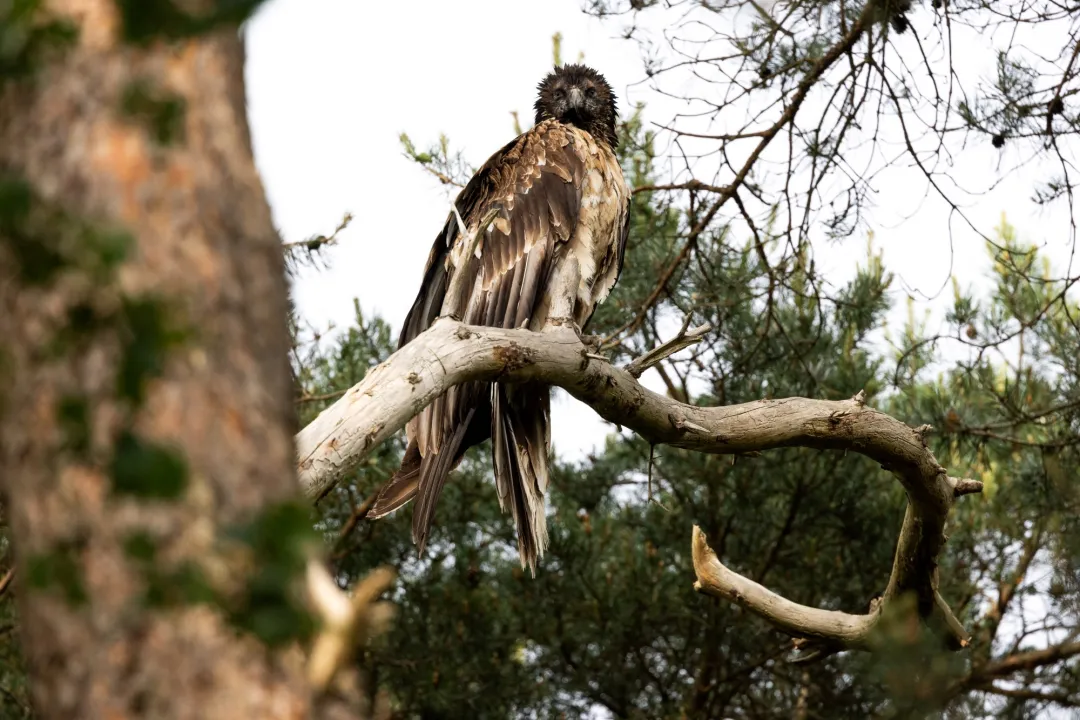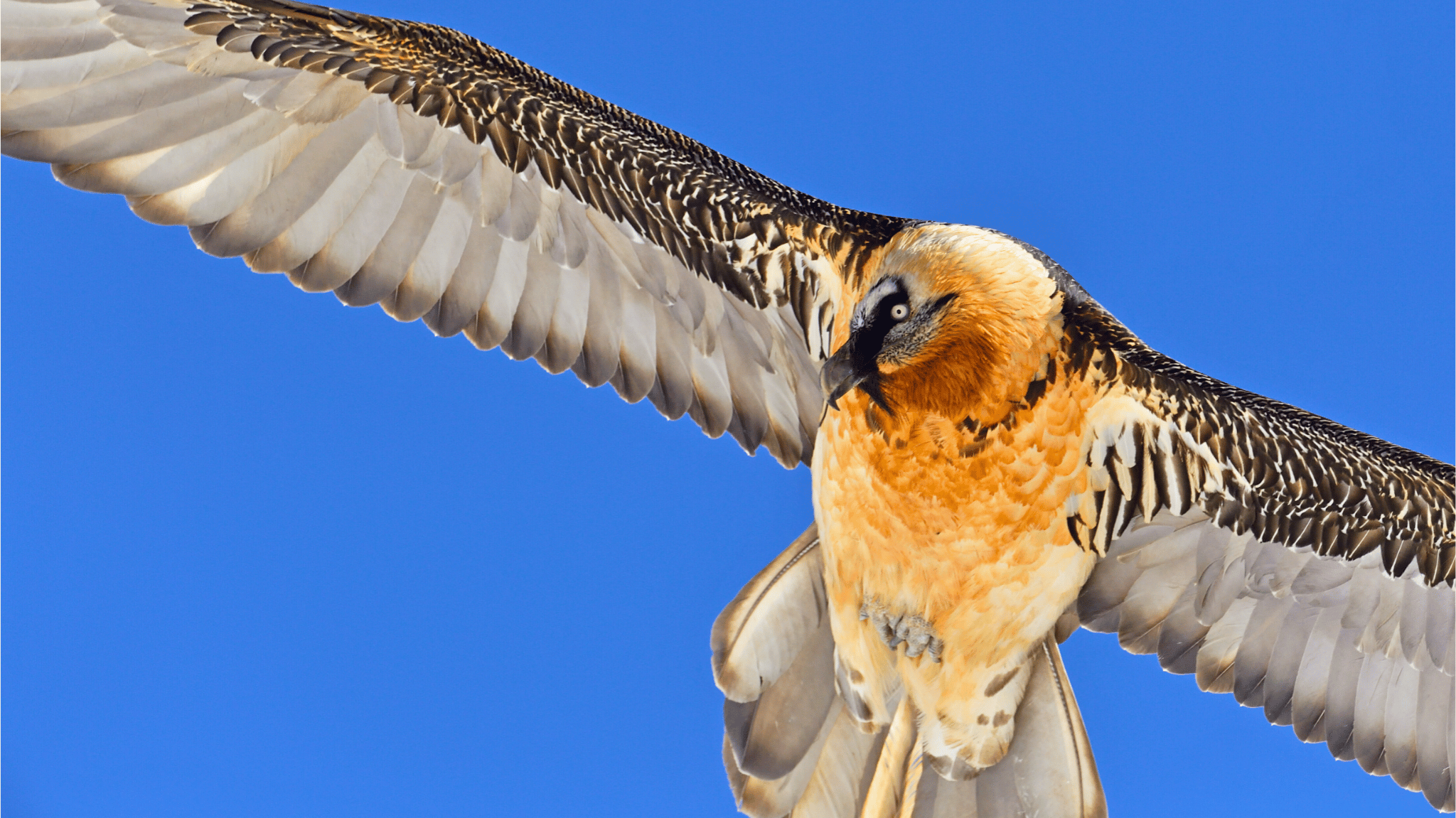
This year, the LIFE GYPCONNECT project released eight young Bearded Vultures in the Massif Central and the Pre-Alps! These captive-bred birds come from the VCF coordinated Bearded Vulture Captive-Breeding Network (EEP) that breeds the species in captivity to support reintroduction and restocking efforts.
The Bearded Vultures are released using the ‘hacking method’, which entails placing young birds at an artificial nest in suitable habitat to acclimatize to the natural environment before they take their first flights, which is more ore less like the “natural” way of fledging.
Baronnies

The first 2020 Bearded Vulture releases in France with the LIFE GypConnect project took place on Thursday 28 May in the south of Drôme in Baronnies with the release of two birds that hatched in Liberec Zoological Garden zoo in the Check Republic and Schönbrunn Zoo in Austria. Vautours en Baronnies is in the field monitoring the birds to ensure their safety and feed them without human contact until they fledge the nest. So far, one of these birds has fledged! Angèle (BG 1058)took its first flight on 17 June at at 12:45.
Vercors

The project released two Bearded Vultures on 3 June at Parc Naturel régional du Vercors in the French Pre-Alps.
Both Bearded Vultures hatched in different breeding centres in Spain — the Bearded Vulture Captive Breeding Centre of Guadalentin in Andalusia and Vallcalent Specialised Breeding Centre in Lleida (and was reared in Centre de Fauna de Torreferrussa). After a month in the hacking cave, the young birds flew away. Kobalann, the female from Vallcalent, took off on 1 July at 121 days old. Palopala from Guadalentin flew the next day on 2 July at 125 days old.
Grands Causses

On Friday 12 and Saturday 13 June, the LIFE GypConnect project released the four young Bearded Vultures named Dolomie, Eglazine, Fario and Ohprys to the Grands Causses Regional Natural Park, in the area ‘Gorges du Trévezel’, Aveyron. For this release, one bird arrived from the Green Balkans Wildlife Rehabilitation and Breeding Center in Stara Zagora (Bulgaria), two from the Tierpark Zoo in Berlin (Germany) and one from the Parco Natura Viva Zoo (Italy).
The tests results revealed the genders of the birds — Fario and Eglazine are females, and Dolomie and Ophrys are males.
Dolomie surprised everyone by jumping over the fence as early as 21 June, and now regularly makes nice flights. He shows great ease for his age, already flying relatively high to discover his surroundings. He is still fed regularly around the site. He is currently exploring the gorges of the Dourbie river, and returns to feed near the release site, where the team deposits food for him. He has encounters with the Golden Eagle often, but Dolomie seems to manage to defend himself well, sometimes by showing his talons.
Ophrys, Fario and Eglazine are evolving well, with regular food and water intake, attentive plumage maintenance, and wing flapping training! Eglazine is a little shyer about the flapping of her wings, while Ophrys now does more than 200 flaps a day — his first flight is approaching.
Although Eglazine and Fario still sometimes experience eventful interactions and beak fights, cohabitation is going well overall, and both birds are developing well.
We hope these birds will continue to develop well and we look forward to following their adventures in the wild through their GPS tags!
LIFE GypConnect

Led by the League pour la Protection des Oiseaux (LPO), the LIFE GYPCONNECT project aims to establish a breeding population of Bearded Vultures in the Massif Central and Department of the Drôme. Releasing captive-bred Bearded Vultures into the wild at sites such as the Parc Naturel Régional des Grands Causses, Parc Naturel Régional des Baronnies Provençales and Parc Naturel Régional du Vercors will create a core population that will connect the two populations of the species in the Alps and Pyrenees. To facilitate movements between the new population and the Alpine and Pyrenean populations the LIFE GYPCONNECT team is creating a network of supplementary feeding stations, and tackling threats such as poisoning, and collision and electrocution with the electricity infrastructure.







